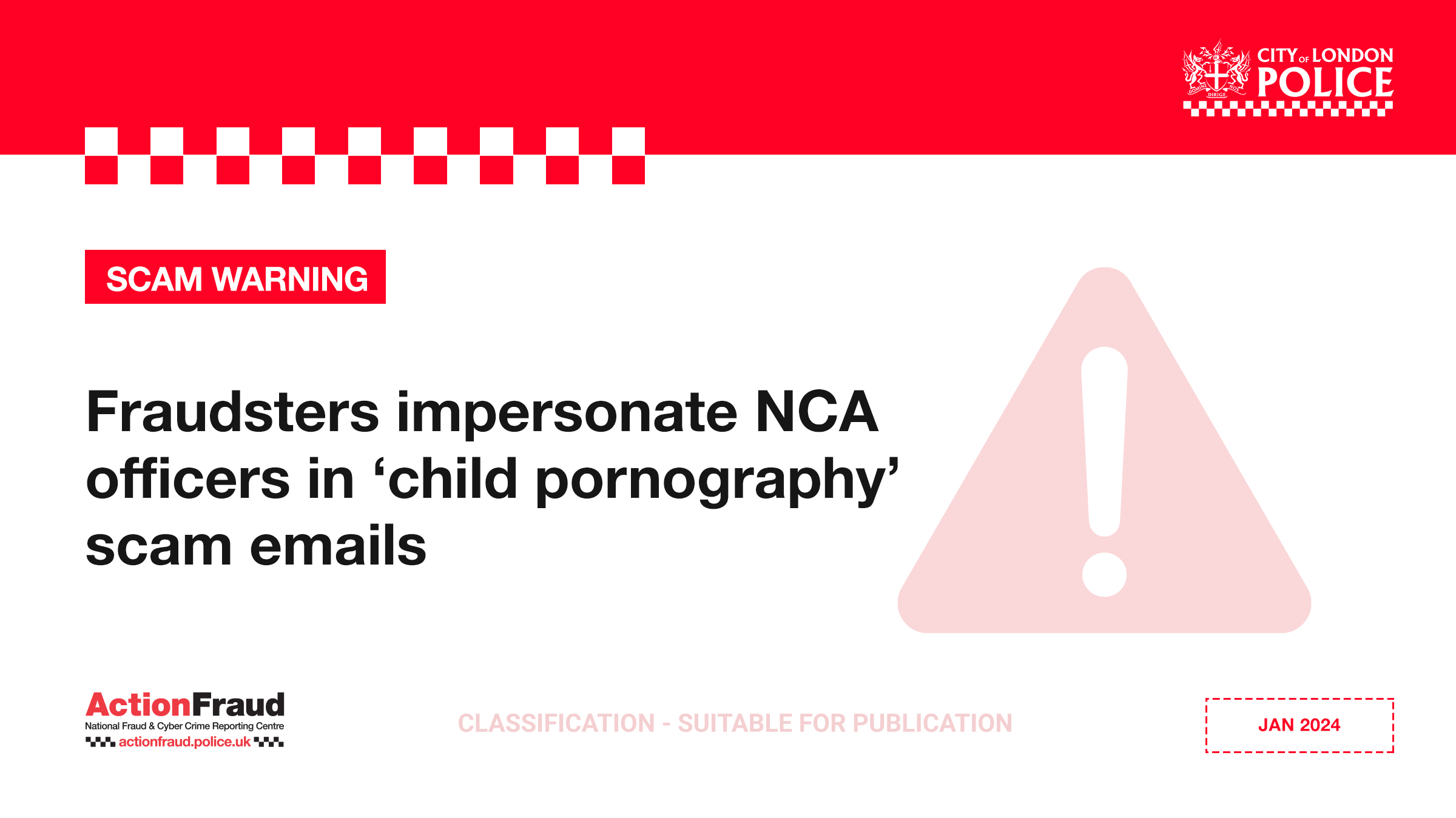The results for the British Crime Survey for the first time show that fraud and cyber crime are the most prevalent crimes committed against people in England and Wales.

The introduction of questions around fraud and cyber crime show the changing face of crime with offences enabled by use of the internet changing the nature of offending in the UK.
Criminals and organised crime groups no longer have to commit crime in person and often use the anonymity of the internet to commit crime.
The importance of today’s statistics is underlined as crime in this area is hugely under reported as evidenced by the vast difference between the number of reports to Action Fraud (406,935 in 2014) and the millions evidenced in the British Crime Survey.
Victims are frequently defrauded and then reimbursed by financial institutions with neither party reporting the matter to Action Fraud or the police.
This hampers law enforcements ability to investigate, prosecute or prevent further crimes being committed against victims and prioritise it against other crime types.
More needs to be done to assist law enforcement
Greater reporting in this area would enable us to close down the websites, phone lines and bank accounts that enable criminals to operate.
The National Fraud Intelligence Bureau, part of the City of London Police, help to disrupt 4,000 websites, bank accounts and phone lines every month leading to the prevention of £369 million fraud last year.
But with the cost of fraud to the UK economy estimated at £30 billion more needs to be done and more resources are needed to assist law enforcement to help victims of crime and prevent further victimisation.
With half of all fraud and cyber crime committed against UK victims by criminals overseas investigation in this area is costly and labour intensive.
The police cannot solve this problem alone and the UK’s response needs to be a co-ordinated one and include the business community.
Understanding the nature and scale enables policing and government to better resource and prioritise the UK’s response in this area and we are working with the Home Office on plans for a new Fraud Taskforce.
This will bring together key organisations that will play a part in the UK’s response from business, Government and law enforcement.
New crime in our society
Commissioner Adrian Leppard Commissioner of the City of London Police, said: “Today’s crime figures for the first time show that fraud and cyber crime are the most prevalent crimes committed against victims in England and Wales. Fraud and cyber crime affects every community in the country and does not discriminate by social status or geographical location.
“Every chief constable and police and crime commissioner is beginning to realise the scale of the problem and today’s figures underline that. I am sure that fraud and cyber crime will now feature as a priority in every local policing plan"
"This is new crime in our society and it brings new challenges for policing in prosecuting offenders and protecting victims. Notwithstanding the cuts to police budgets we must find ways of responding to the needs of victims of fraud. Alongside this policing response the UK needs to begin a prevention revolution to educate the public on how to stop hackers and fraudsters from taking our money.
"It is vital that we work closely with industry to help protect society. A large proportion of cyber attacks can be prevented by changing our behaviour 'on line' and taking simple steps to keep computers secure."
For more information on how to prevent being a victim go to Getsafeonline and Cyberstreetwise.
To report a fraud and receive a police crime reference number, call Action Fraud on 0300 123 2040 or use our online fraud reporting tool.
You can now also sign up for free to Action Fraud Alert to receive direct, verified, accurate information about scams and fraud in your area by email, recorded voice and text message.



